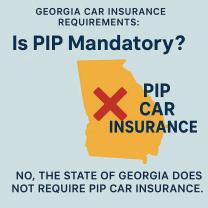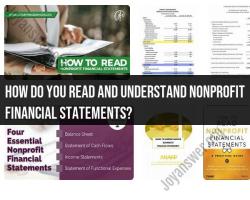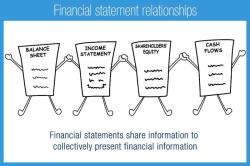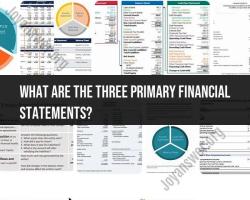How do I maximize my tax refund or take-home pay?
Maximizing your financial gains involves making smart decisions about your tax refund and take-home pay. Here are some strategies to consider:
**1. Tax Refund Strategies:
- Adjust Withholding: Review your W-4 form and adjust your withholding to ensure you're not overpaying taxes throughout the year. This can increase your take-home pay and reduce the size of your tax refund.
- Use Tax-Advantaged Accounts: Contribute to tax-advantaged accounts like a 401(k), IRA, or Health Savings Account (HSA). These contributions can reduce your taxable income and potentially increase your refund or lower your tax liability.
- Claim Tax Credits: Make sure to claim all eligible tax credits, such as the Earned Income Tax Credit (EITC) or Child Tax Credit. These credits can significantly reduce your tax liability and increase your refund.
- Use Your Refund Wisely: If you receive a tax refund, consider using it to pay off high-interest debt, save for emergencies, invest, or contribute to retirement accounts.
**2. Take-Home Pay Strategies:
- Budgeting: Create a budget to manage your take-home pay effectively. Prioritize saving, investing, and paying off debts.
- Automate Savings: Set up automatic transfers to your savings or investment accounts directly from your paycheck. This helps you save consistently without much effort.
- Debt Management: Use your take-home pay to pay off high-interest debts, such as credit cards, as quickly as possible. This can save you money on interest payments.
- Contribute to Retirement: Maximize contributions to your employer-sponsored retirement plan or individual retirement account (IRA) to secure your financial future.
- Emergency Fund: Build an emergency fund to cover unexpected expenses, such as medical bills or car repairs, without relying on credit.
- Additional Income: Consider finding ways to increase your income, such as taking on a part-time job, freelancing, or starting a side business.
**3. Financial Planning:
- Professional Advice: Consider seeking advice from a financial advisor or tax professional. They can help you develop a customized financial plan based on your goals and circumstances.
- Long-Term Goals: Focus on your long-term financial goals, such as saving for retirement, buying a home, or funding your children's education. Make decisions that align with these goals.
**4. Continuous Learning:
- Stay Informed: Keep yourself informed about changes in tax laws, investment options, and financial strategies. Staying up-to-date can help you make informed decisions.
Remember that financial success requires discipline, planning, and patience. Tailor these strategies to your individual situation, and consider seeking professional guidance to ensure you're making the best choices for your financial well-being.












